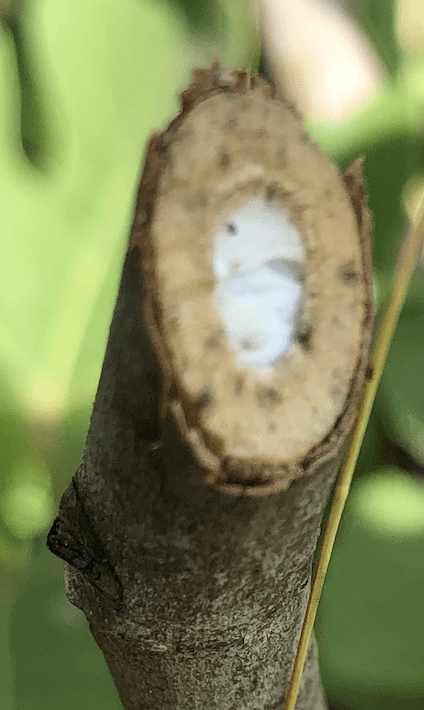We have no right to choose our existence.
Yet, we feel we have the authority to choose the existence of others. If only, the first cotton fibers, unnaturally bonded with camphor to create a synthetic fiber in 1869, knew of the subsequent pitiful descent of humanity into the pit of greed and it’s continued torrid and wanton affair with the lust of the petty procurement of things; it would have self-immolated as a great offering to the universe.
Right action in small things is the perpetual seed planted for the many todays of peace and prosperity.
In 1907, Leo Baekeland invented the first synthetic plastic, and by the end of World War II the production of plastics increased by 300%. There were no more scarce silk stockings, once nylon was invented in 1935. The potential of synthetic plastic seemed boundless, and many lives were indeed saved with the formation of parachutes, body armor, helmet liners, and plexiglass. Capitalisms’ constant need for production in order to sustain a never-ending cycle of wealth accumulation found its very own wonder drug in plastic.
In the early 1960s, plastic debris was found in oceans and legitimate concerns were noted over the use of chemical pesticides. In addition, there was a major oil spill off the coast of California, and the Cuyahoga River in Ohio caught fire. Humanity was put on notice. We chose to ignore the health and environmental hazards of bisphenol A (BPA) and phthalates. That plastic water bottle you just put in the plastic recycle bin will be here for 450 years. The disposable diaper is sentenced to 500 years in that form, and its’ byproducts affect the health of generations beyond the single human it assisted. Then, there is the notorious extruded polystyrene foam, a.k.a. styrofoam, which will be here for over 5,000 years or fifty human lifetimes.
Even if you are unable to sympathize with the formation of atoms forced into a mold with pentene in an expanded bead blowing process; you are able to form some sort of fealty towards other humans and members of the animal kingdom. Why wouldn’t we extend this privilege to other atoms? The immortal Deadpool would certainly be able to empathize. There is no life in existing in one form for eternity, just a constant parasitic state of being.
Imagine being deposited in a wasteland to exist for over a thousand years.
You may not be able to talk to an animal, plant, or mineral in English or any other human language. Nevertheless, they live at our behest. Plastic, pliable and easily shaped, created of many parts is a modern Tower of Babel or humanity’s attempt at godlike status. Naturally occurring polymers are clearly sentient. Just observe a tree vibrantly blowing in the wind or smell the aroma of the flowering plants. There is no question that life exists in many forms.
It is no wonder that society fails to honor human life. We make laws that serve the extraction of humanity and that ultimately support the usury of those without means. Weary souls from every lifetime have found themselves just as used and forced as the synthetic polymers destined to a lifetime bid of unnatural service. Ultimately, we have failed to do the most rational of things. By creating complex unnatural polymers, we have failed to honor the simplest piece of the universe, the atom, the very basis of all life.
References
“How Plastics Are Made.” How Plastics Are Made, American Chemistry Council, 2005, plastics.americanchemistry.com/How-Plastics-Are-Made/.
“History and Future of Plastics.” The History and Future of Plastics, Science History Institute, 20 Nov. 2019, www.sciencehistory.org/the-history-and-future- of-plastics.
“Lifespan of Plastic.” The Lifespan of Common Plastic/Polymer Products, BioTec Environmental, www.goecopure.com/lifespan-of-plastic.aspx.
Yousif, Emad, and Raghad Haddad. “Photodegradation and Photostabilization of Polymers, Especially Polystyrene: Review.” SpringerPlus, vol. 2, no. 1, 2013, doi:10.1186/2193-1801-2-398.





